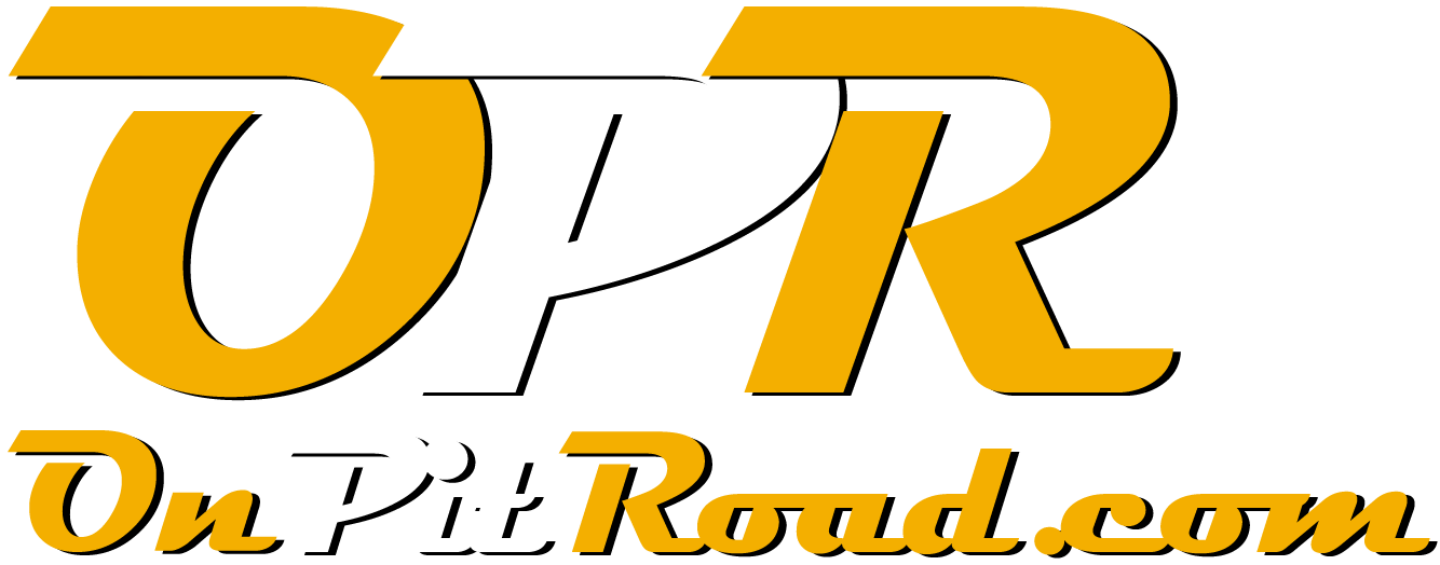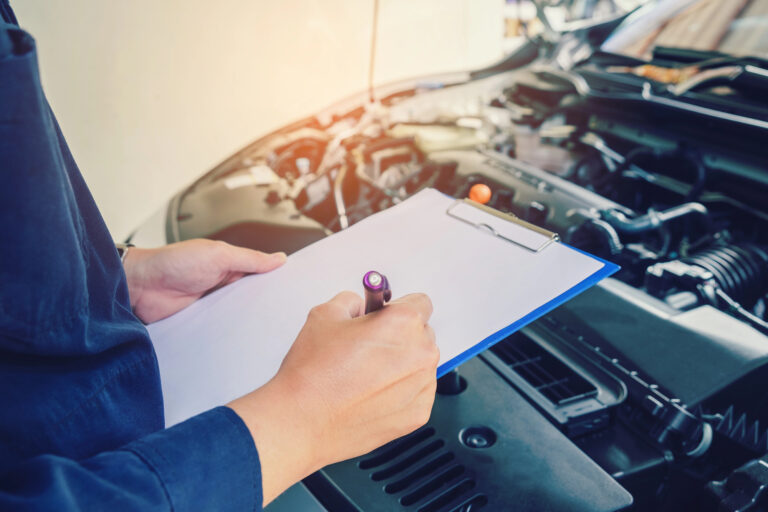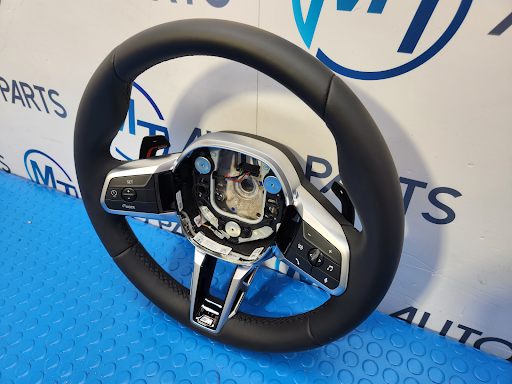
Photo by depositphotos at <a href="https://depositphotos.com/">https://depositphotos.com/<a>
Car auctions present incredible opportunities for savvy buyers, dealers, and car flippers to acquire vehicles at below-market prices. However, the fast-paced auction environment can also be a minefield for unprepared buyers who don’t understand what they’re bidding on. The key to auction success? Knowing a vehicle’s complete history before you raise that paddle.
Why Car Auctions Are Both Opportunity and Risk
Auto auctions move thousands of vehicles daily, from insurance salvage lots to dealer trade-ins. While you might find a diamond in the rough, you’re just as likely to encounter vehicles with hidden problems that could cost thousands in repairs.
The challenge is that auction environments don’t allow for traditional test drives or lengthy inspections. You’re often bidding based on a brief walk-around and whatever documentation is provided. This is where comprehensive vehicle history reports become absolutely critical for making informed decisions.
What Vehicle History Reports Reveal at Auctions
1. Accident and Damage History
Many auction vehicles come from insurance companies that have deemed them total losses. A detailed history report will show you:
- Severity of previous accidents
- Whether airbags were deployed
- Frame or structural damage
- Multiple accident involvement
Understanding this information helps you calculate realistic repair costs before bidding. Some vehicles with minor cosmetic damage can be excellent deals, while others with structural issues should be avoided entirely.
2. Title Status and Branding
Title issues are common at auctions, and they dramatically affect a vehicle’s value and resaleability:
- Salvage titles: Previously totaled by insurance
- Rebuild titles: Salvage vehicles that have been repaired
- Flood damage: Water-damaged vehicles often end up at auction
- Lemon law buybacks: Vehicles repurchased due to manufacturing defects
A reliable VIN decoder can help you verify basic vehicle information, while a full history report reveals the complete title story.
3. Odometer Discrepancies
Odometer fraud is unfortunately common in auction settings. Vehicle history reports track mileage over time, helping you identify:
- Rolled-back odometers
- Inconsistent mileage reporting
- TMU (True Mileage Unknown) designations
This information is crucial for determining fair market value and avoiding vehicles with questionable mileage.
Types of Car Auctions and What to Expect
Insurance/Salvage Auctions
These auctions primarily feature vehicles from insurance claims. While many have significant damage, some are surprisingly minor losses that insurance companies couldn’t repair cost-effectively. The key is understanding exactly what happened to each vehicle through comprehensive history reporting.
Dealer-Only Auctions
Typically featuring trade-ins and lease returns, these auctions often have higher-quality vehicles. However, dealers may send problem vehicles to auction rather than retail them, making history reports essential.
Government and Fleet Auctions
These auctions feature former government vehicles, rental cars, and corporate fleet vehicles. While often well-maintained, high-mileage usage patterns and potential abuse make history verification important.
Charity and Estate Auctions
Often featuring unique or classic vehicles, these auctions can yield excellent finds. However, documentation may be limited, making independent history verification through professional services even more valuable.
Essential Pre-Auction Research Strategy
Step 1: Identify Target Vehicles
Review auction listings in advance and compile VIN numbers for vehicles that interest you. This gives you time for thorough research rather than rushed decisions on auction day.
Step 2: Run Comprehensive History Reports
For serious bidders, especially dealers purchasing multiple vehicles, bulk vehicle history reports offer significant cost savings. A single report might cost $40+ elsewhere, but Cheap Carfax bulk packages can reduce costs to just $2 per report.
Step 3: Calculate True Market Value
Use history information to adjust market values:
- Subtract repair costs for known damage
- Factor in title status impact on resale value
- Consider parts availability and repair complexity
Step 4: Set Maximum Bid Limits
Based on your research, establish firm maximum bids before the auction begins. The excitement of bidding can lead to emotional decisions that destroy profitability.
Red Flags That Should Stop You From Bidding
Even with history reports, some vehicles should be avoided entirely:
- Multiple major accidents: Indicates ongoing problems or poor previous ownership
- Flood damage: Often leads to expensive electrical and mechanical issues
- Lemon law buybacks: Suggests manufacturing defects that may persist
- Commercial use: Taxi, police, or delivery vehicles often have excessive wear
- Missing or altered VIN: Legal complications and registration issues
Maximizing Auction Success: Professional Tips
For Individual Buyers
- Focus on vehicles with minor cosmetic damage but clean mechanical history
- Avoid anything requiring specialized repair knowledge unless you have it
- Budget 20-30% above your winning bid for unexpected repairs
For Dealers and Car Flippers
- Bulk history report packages become cost-effective when purchasing multiple vehicles
- Develop relationships with reliable repair shops for accurate cost estimates
- Focus on vehicles with strong resale potential in your local market
For First-Time Auction Buyers
Start small and conservative. Use your first few auctions as learning experiences rather than expecting major profits. The knowledge gained from understanding vehicle histories will pay dividends as you gain experience.
Technology Tools That Give You an Edge
Modern auction success relies heavily on preparation and data. Beyond basic visual inspections, savvy buyers use:
- Mobile VIN scanning: Quickly verify VIN accuracy on auction day
- Historical pricing databases: Compare auction prices to retail values
- Damage estimation apps: Get rough repair cost estimates
- Professional history services: Access the same data dealers use
The investment in proper vehicle history documentation almost always pays for itself by preventing a single bad purchase.
Post-Auction Considerations
Winning a bid is just the beginning. Your vehicle history research continues to provide value:
- Insurance claims: Complete history documentation helps with coverage
- Resale documentation: Transparency about vehicle history builds buyer confidence
- Repair prioritization: Focus on safety-critical items identified in history reports
Making Auction Car Buying Profitable
Success at car auctions isn’t about finding the cheapest vehicles—it’s about finding vehicles where you understand exactly what you’re buying. The buyers who consistently profit are those who invest in proper research, including comprehensive vehicle history reports, before they ever set foot on an auction lot.
Whether you’re a first-time buyer looking for a personal vehicle or a dealer purchasing inventory, the same principle applies: knowledge is profit. In the fast-paced auction environment, having detailed vehicle histories gives you the confidence to bid aggressively on good deals while avoiding costly mistakes.
Conclusion
Car auctions offer excellent opportunities for informed buyers, but success requires thorough preparation. Vehicle history reports are not an optional expense—they’re a critical tool for anyone serious about auction buying. The cost of a comprehensive report is minimal compared to the potential losses from purchasing a problematic vehicle.
Before your next auction visit, make sure you’re armed with complete vehicle histories. Your wallet will thank you, and your auction success rate will improve dramatically. In a market where information is power, make sure you have all the data you need to bid with confidence.






